Child development—it’s a phrase that resonates with parents, caregivers, and anyone invested in the growth and well-being of our youngest generation. But have you ever wondered, in those quiet moments of introspection, “What is child development, and why is it so incredibly important?” If so, you’re not alone.
We will explore the five stages of child development. Along the way, we’ll uncover the answers to questions like why is child development important, and we’ll gain insights into the growth of a child’s cognitive, emotional, and physical development.
What is Child Development?
Child development is a complex and dynamic process encompassing a wide spectrum of biological, psychological, and emotional changes that unfold in human beings from the moment of birth and continue through to the conclusion of adolescence.
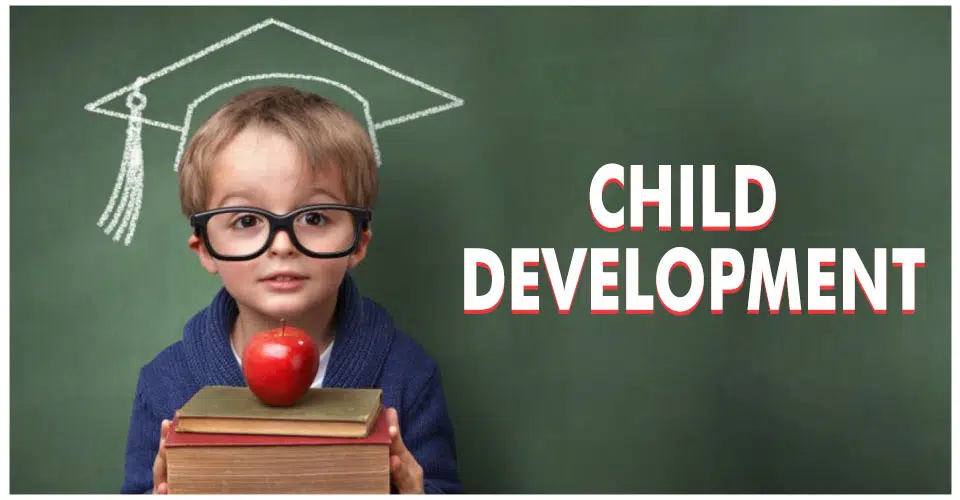
Child development is a remarkable journey, marked by significant changes in physical, speech, intellectual, and cognitive aspects. All unfolding gradually until adolescence.
These specific changes, commonly referred to as developmental milestones, serve as essential checkpoints to monitor your child’s progress.
Read More: 7 Tools To Foster Autonomy And Encourage Child Development
As they grow, they become more aware of their own feelings and the feelings of others, which helps them be more understanding and empathetic. They also start to form their own identity, figuring out who they are and where they fit in the world.
How a Child Develops?
In those early years, kids also learn to use their imagination and think about things in a symbolic way. They start to grasp basic numbers and get better at remembering things.
When kids reach their teenage years, childhood transitions into adolescence. This period comes with physical changes and a shift toward more adult-like thinking.
This is where the importance of understanding the stages of child development truly shines. Recognizing these stages and the developmental milestones for kids that accompany them can help us, as parents, navigate this journey effectively.
We can employ parenting strategies that suit each stage, offering the right support, guidance, and nurturing environment our children need to thrive. Understanding child development empowers us as parents to support our children as they grow and learn.
Five Stages Of Child Development
Experts looking into “What is Child Development?” may have different ways of categorizing these stages. Some describe it in four stages, some in five, and others in six.
However, what remains constant is the core idea that specific changes occur within particular age ranges or at a particular age. That allows specific parenting strategies to be implemented.
Understanding the stages of child development is crucial for parents. It enables them to track their child’s growth, ensure they are hitting those developmental milestones for kids, and make informed decisions when needed.
The following are the Five Stages of Child Development:
1. Newborn Stage
The beginning of a child’s development starts with the birth of the child with the “Infancy stage.” It occurs shortly after a baby is delivered and lasts approximately two weeks.
Babies are little at this age and can’t do much on their own. This might make you wonder “What is child development in this age?” Well, in this stage it is about adjusting the baby to its environment.
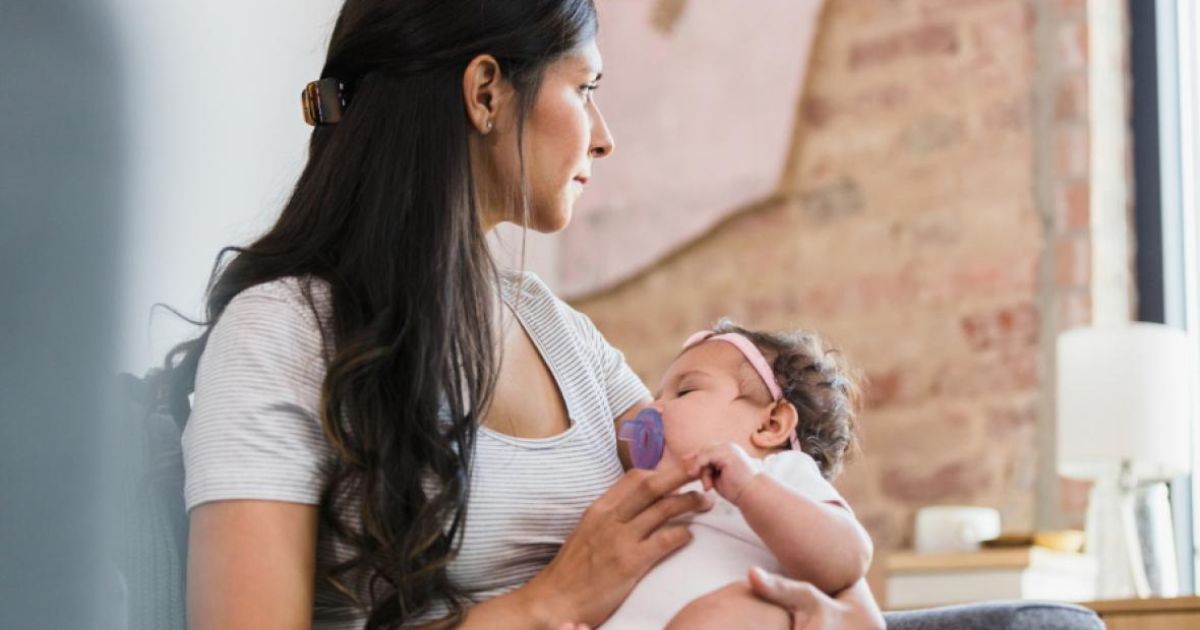
Newborns mainly communicate by crying, and they have these reflexes – kind of like instinctive movements – that help them. It’s like their way of gaining your attention.
As parents or caregivers, our job during this stage is to make sure they get enough milk if they’re breastfeeding, keep them clean and comfy, and give them lots of love and attention. This helps them feel safe and secure.
Read More: What Are Baby Blues? 13 Signs And Tips To Recover From It
This stage is all about getting to know your new little person and helping them get used to the world outside the cozy womb. Understanding the developmental milestones for kids in this stage is like the first chapter in your quest to understand why is child development important.
2. Infancy Stage
Think of the infant stage as the start of your baby’s exciting adventure. It begins when they’re born and keeps going for about a year. During this time, your baby grows and learns from your cues.
In this stage, the baby uses their senses to understand the world – they touch, taste, and listen to everything. They also start doing certain movements like lifting their heads, rolling over, sitting up, and maybe even crawling or taking their first steps.
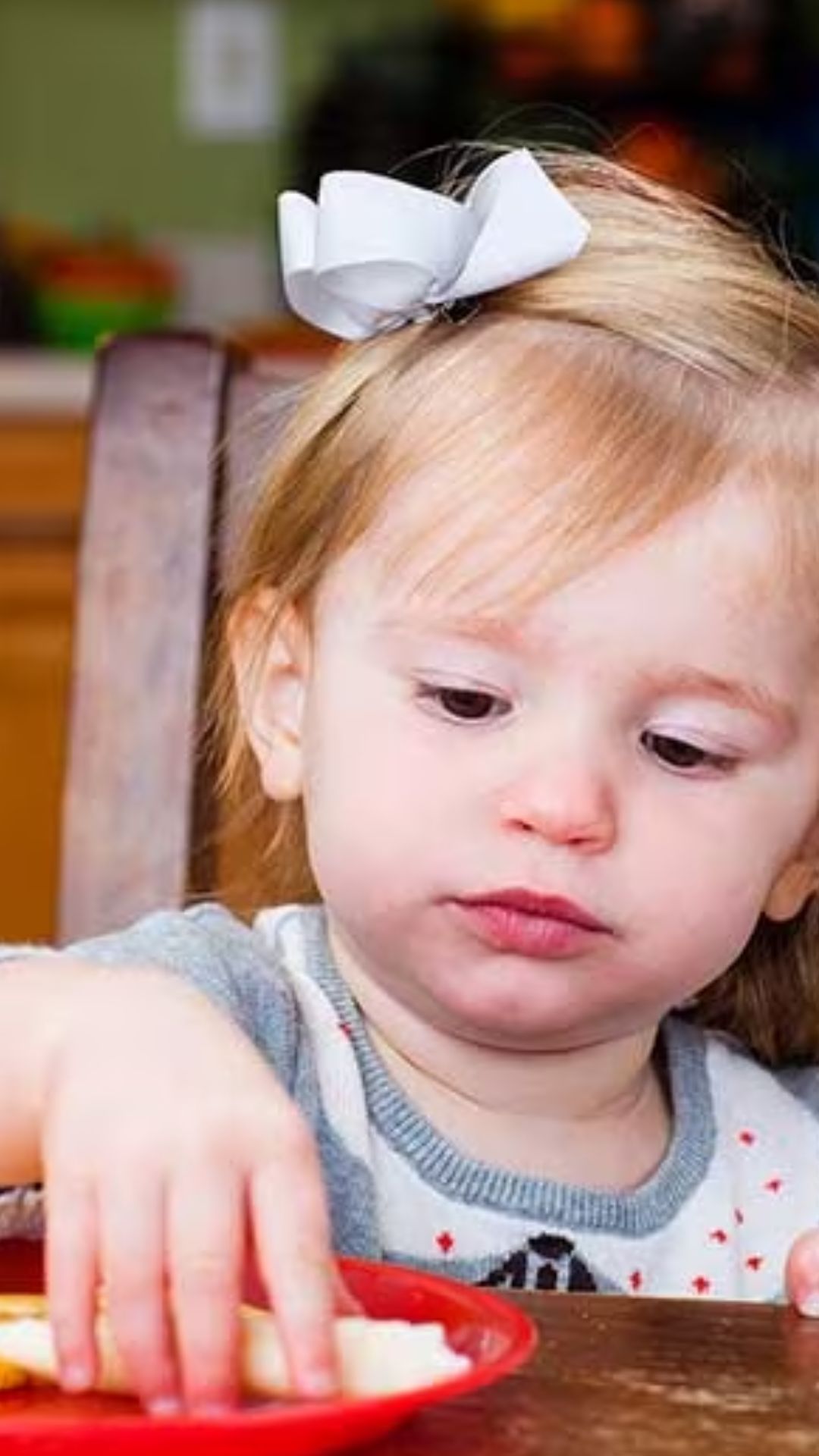
This is one of the most crucial stages of child development. Babies make sounds, use their hands to show what they want, and make faces to express themselves. Thus, showing their cognitive growth.
When your baby turns one, they’ve come a long way. They recognize people, communicate in their own way, and respond when you call their name.
So, what is child development in infancy? It’s the journey your child is on and when they turn one they stage of their life begins!
3. Toddler Stage
The toddler stage comes right after the infant stage. It starts when your little one turns one and going on until they are about three years old. It’s a time when toddlers start becoming more independent and more curious about everything around them.
During this stage, play and exploration become their favorite ways of learning. This is when they learn to walk and become more mobile. They will run, climb, and will be curious about their surroundings.
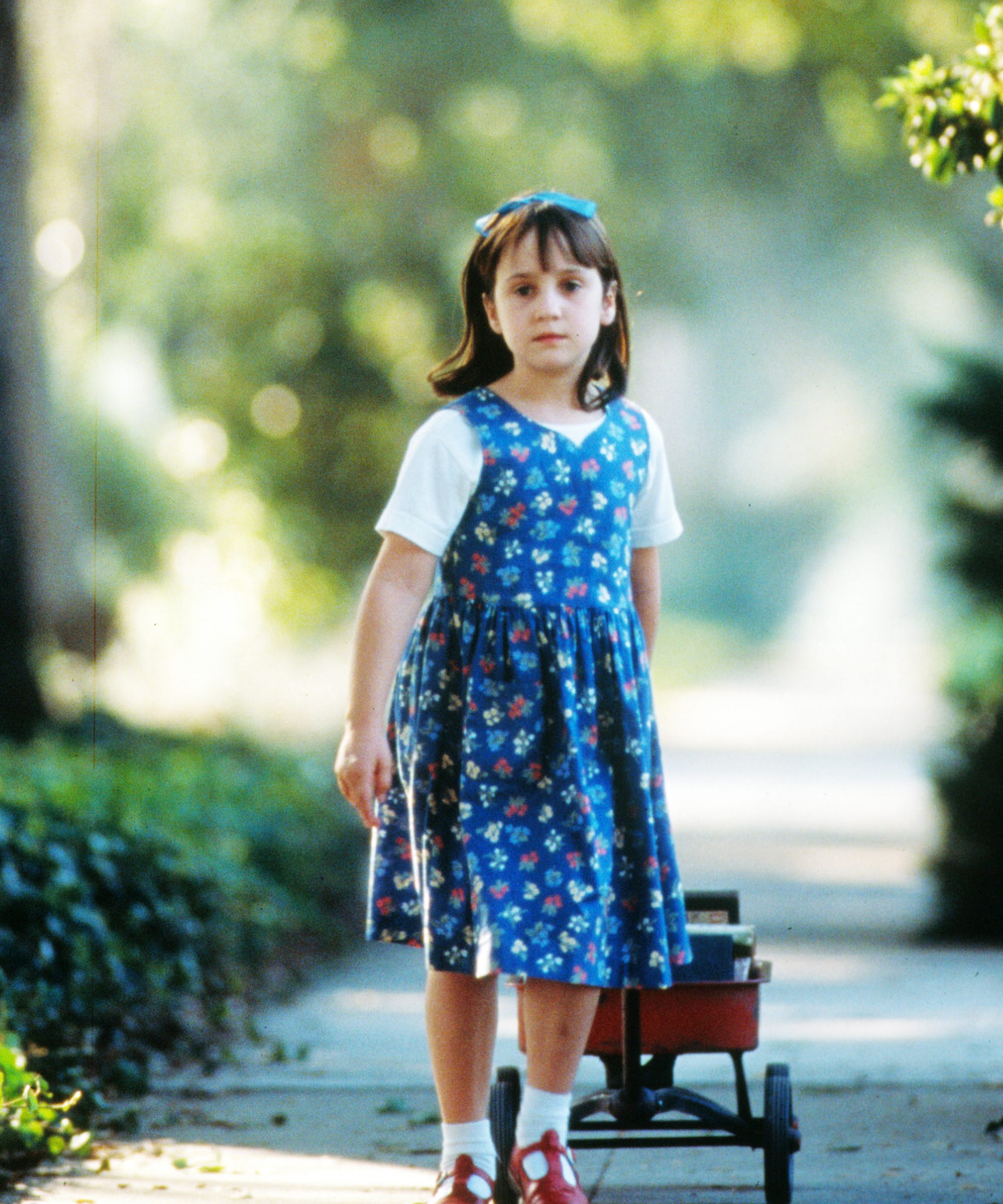
Their language skills improve during this time. They start using words and even sentences to communicate.
Now, you might be wondering, “Why is child development important during the toddler stage?” Well, it’s because this is a critical time when they hit important developmental milestones for kids.
Read More: Top 10 Fun Activities for Kids
At this stage, you need to give them toys and activities that match their age, set up clear rules and routines, and encourage their independence. Of course, you make sure they eat well and have regular checkups to stay healthy.
4. Pre-school Stage
The next chapter in your child’s journey begins when they turn three and goes on until they are about five years old. This is a time when children continue to develop their physical, cognitive, and social-emotional skills.
As they journey through the stages of child development, preschoolers become more independent. They start dressing themselves, using the bathroom all on their own, and taking care of their basic needs.
As a parent or caregiver, you play a crucial role. You create a nurturing and engaging environment for your preschooler to learn and grow. This is an important part in understanding, ‘What is child development.’
Having routines and structured activities is also helpful. It could mean going to preschool or daycare, participating in organized activities or sports, and following a daily schedule they can rely on.
5. School Stage
The “school-age stage” comes after the preschool stage and goes from about 6 to 12 years old. During this time, kids experience big changes in their bodies and minds.
First off, they get more skilled physically. They become better at sports and activities they enjoy. They get better at remembering objects including their shapes and sizes, they start paying attention, and solving problems.

Socially, they’re becoming experts at making friends and handling tricky situations with other kids. They are learning how they should express themselves to their peers.
Now, you might be wondering, “Why is child development important during this stage?” Well, it’s because these years set the stage for their future. It’s the foundation for all the growing and learning ahead.
This is also a time when they’re building their reading, writing, and math skills in school. So, you can help by setting up a quiet study spot, keeping an eye on their progress, and working with their teachers.
Read More: 5 Ways To Help Your Child Succeed In School
Using effective parenting strategies during this stage helps them grow and learn even more.
Helping Your Kid Grow
We have explored the mysteries of why child development is important and how it influences the cognitive, emotional, and physical well-being of our youngest generation.
As parents and caregivers, we hold the key to unlocking the potential within the stages of child development. We can provide the nurturing environment, the guidance, and the support that allow our children to thrive.
By understanding the significance of developmental milestones for kids and employing effective parenting strategies tailored to each stage, we become the architects of their success.
Each stage of child development is a precious chapter in your child’s life story. Embrace it with love, patience, and unwavering support. Watch them grow, learn, and blossom into extraordinary individuals.
Frequently Asked Questions (FAQs)
Q1. What do you mean by child development?
Ans. Child development encompasses a child’s growth in physical, cognitive, emotional, and social aspects from infancy to adolescence.
Q2. What are the 5 stages of child development?
Ans. The stages are Newborn, Infancy, Toddler, Preschool, and School-Age, each marked by distinct milestones.
Q3. What is the most important part of child development?
Ans. Emotional and social development, including healthy relationships and social skills, is often seen as crucial.
Q4. What is the role of parents in child development?
Ans. Parents provide care, guidance, support, and a nurturing environment to help children thrive in each developmental stage.
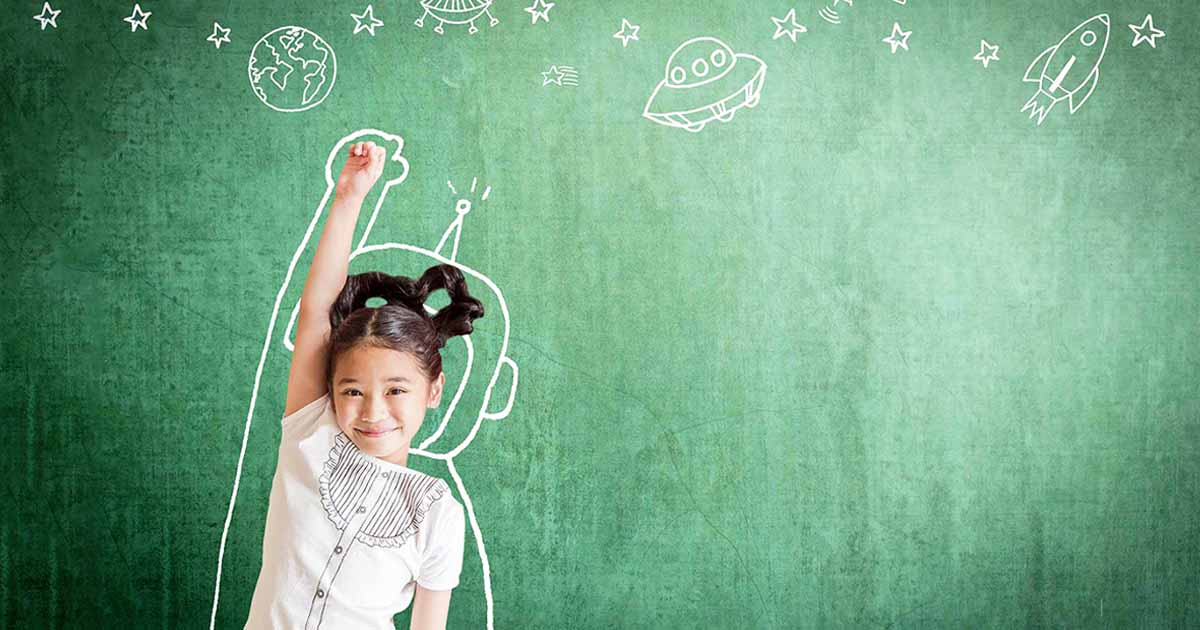














Leave a Reply